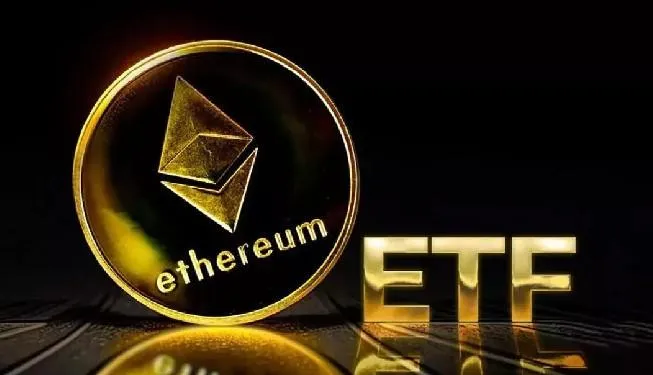
As expected, the U.S. Securities and Exchange Commission (SEC) has officially approved several ether-based ETFs. Despite rumors that the regulator might classify ether as a security, the SEC gave the green light to these financial products.
This is the SEC's second major decision this year. Earlier this year, the commission approved the first-ever BTC spot ETF.
On May 23, the SEC approved 19b-4 filings from VanEck, BlackRock, Fidelity, Grayscale, Franklin Templeton, ARK 21Shares, Invesco Galaxy and Bitwise. These rule changes allow spot ether ETFs to be issued and traded on their respective exchanges.
However, this does not mean that ether ETFs will immediately appear on exchanges, as they did with bitcoin. Despite the approval of 19b-4 applications, ETF issuers still need to get SEC approval of their S-1 registration statements before spot ether ETFs can begin to officially trade.
Not all applications have been approved. For example, the SEC did not approve Hashdex's application for an ether-based ETF. Hashdex had a May 30 deadline to review the application, earlier than Grayscale, Invesco Galaxy, BlackRock and Fidelity. It's unclear whether the SEC will ultimately approve Hashdex's ETF.
The SEC's approval comes a day after the U.S. House of Representatives passed legislation that many believe will provide greater clarity in regulating the cryptocurrency industry. The 21st Century Financial Innovation and Technology Act clarifies the roles of the SEC and the Commodity Futures Trading Commission, but must still be approved by the Senate and signed by the president.
The approval of the spot Ether ETF comes four and a half months after the SEC approved several applications for spot Bitcoin ETFs on Jan. 10, a major development in the industry. According to Cointelegraph Markets Pro data, the price of ether jumped to over $3,900 after the SEC's announcement, but then dropped to $3,703 at the time of publication.
As expected, the increase in the price of ether has already been factored into the rumors. How the start of ETF trading will affect the price of ether, time will tell. But from the looks of it, there won't be the same volume of investment and demand as the bitcoin ETFs. When ETFs start trading, a scenario similar to the bitcoin-ETF story is possible.
It's also worth remembering that Grayscale is on the SEC's list of approved filings and may start selling its existing ether (over $8 billion) through the Coinbase exchange.
Further growth in the price of ether will depend on the overall health of the market. If the major cryptocurrency reaches new all-time highs, ether may show outperforming growth, as it usually happens in a bull market.
Most interestingly, memcoins are likely to grow faster than bitcoin and ether in a bull market.